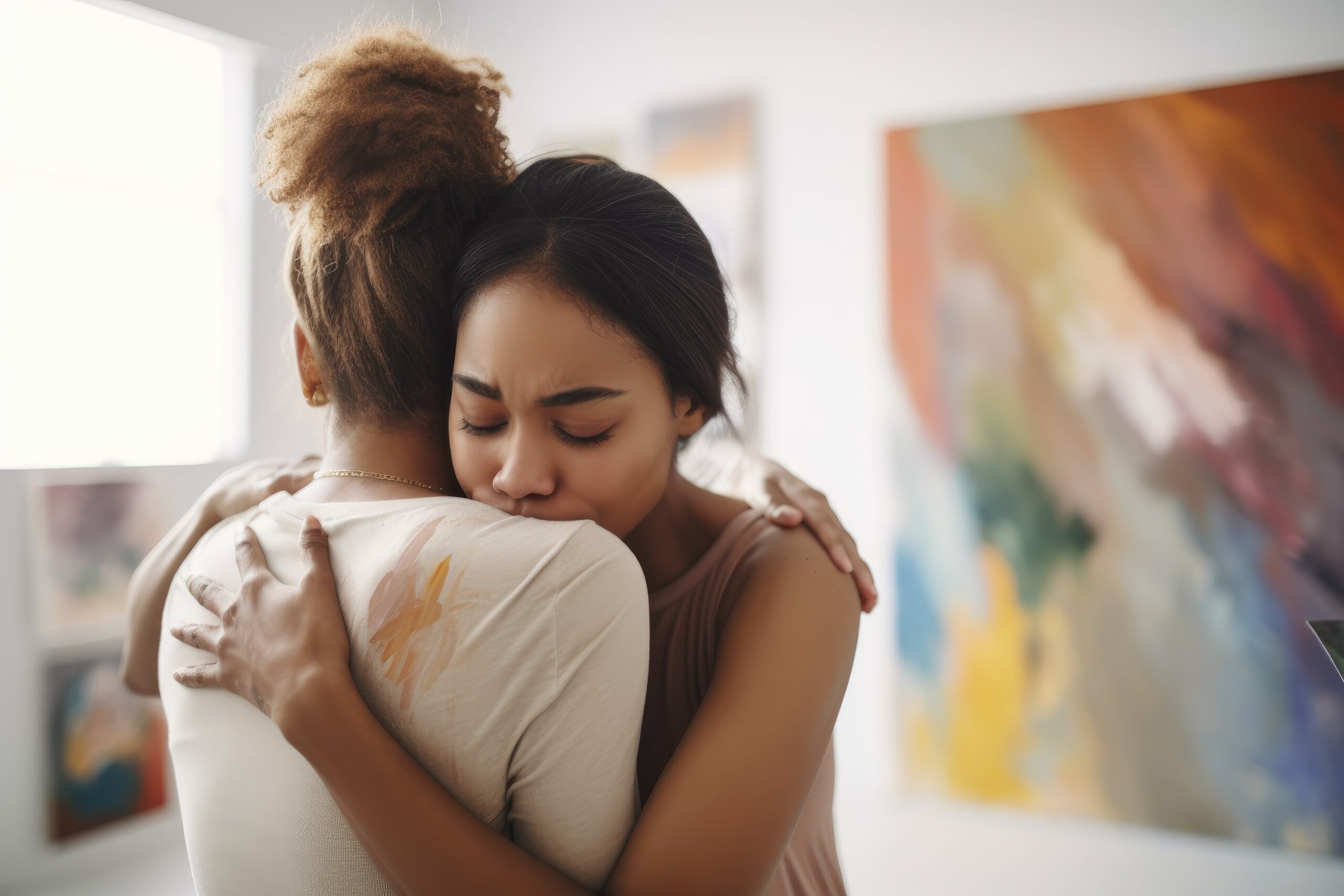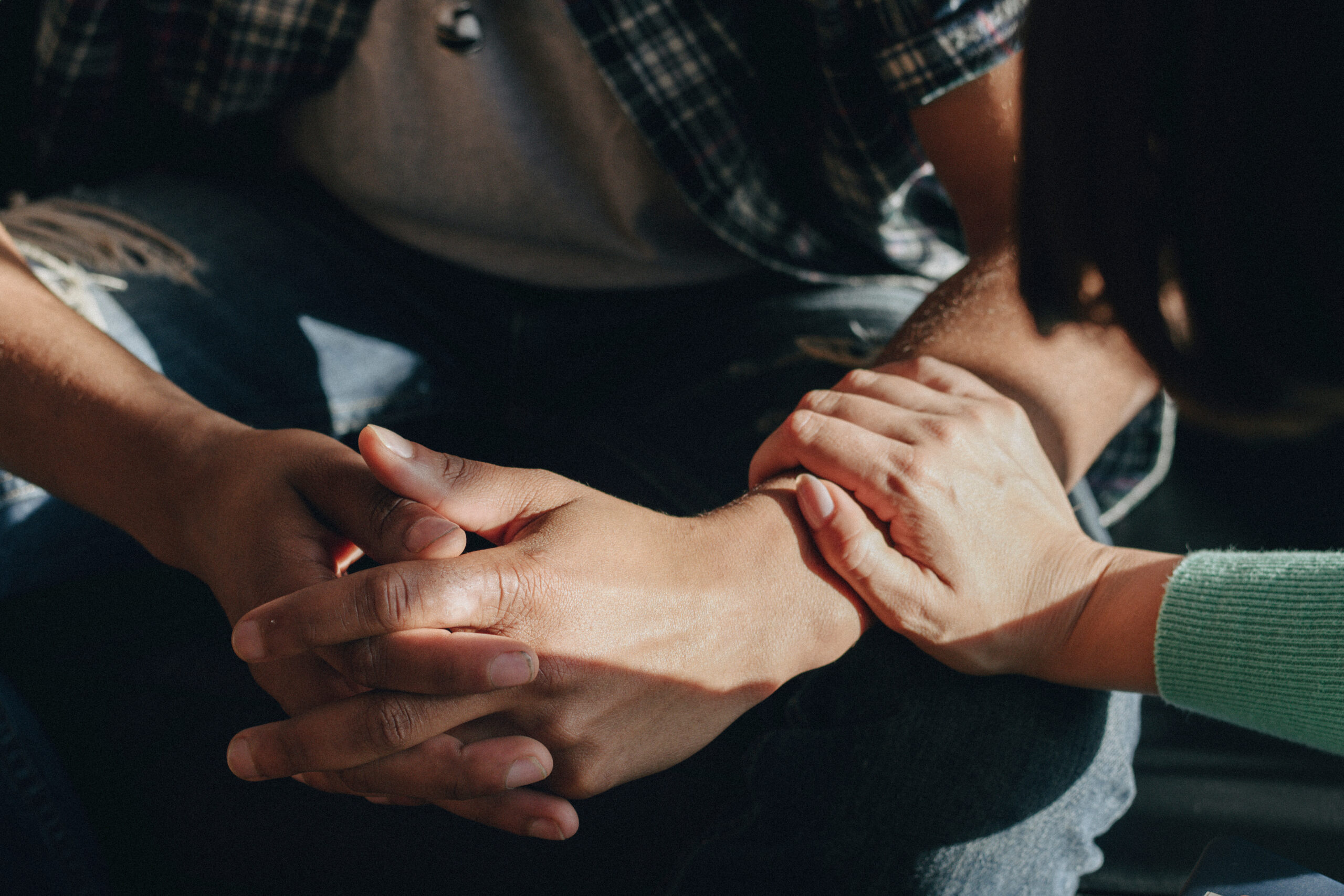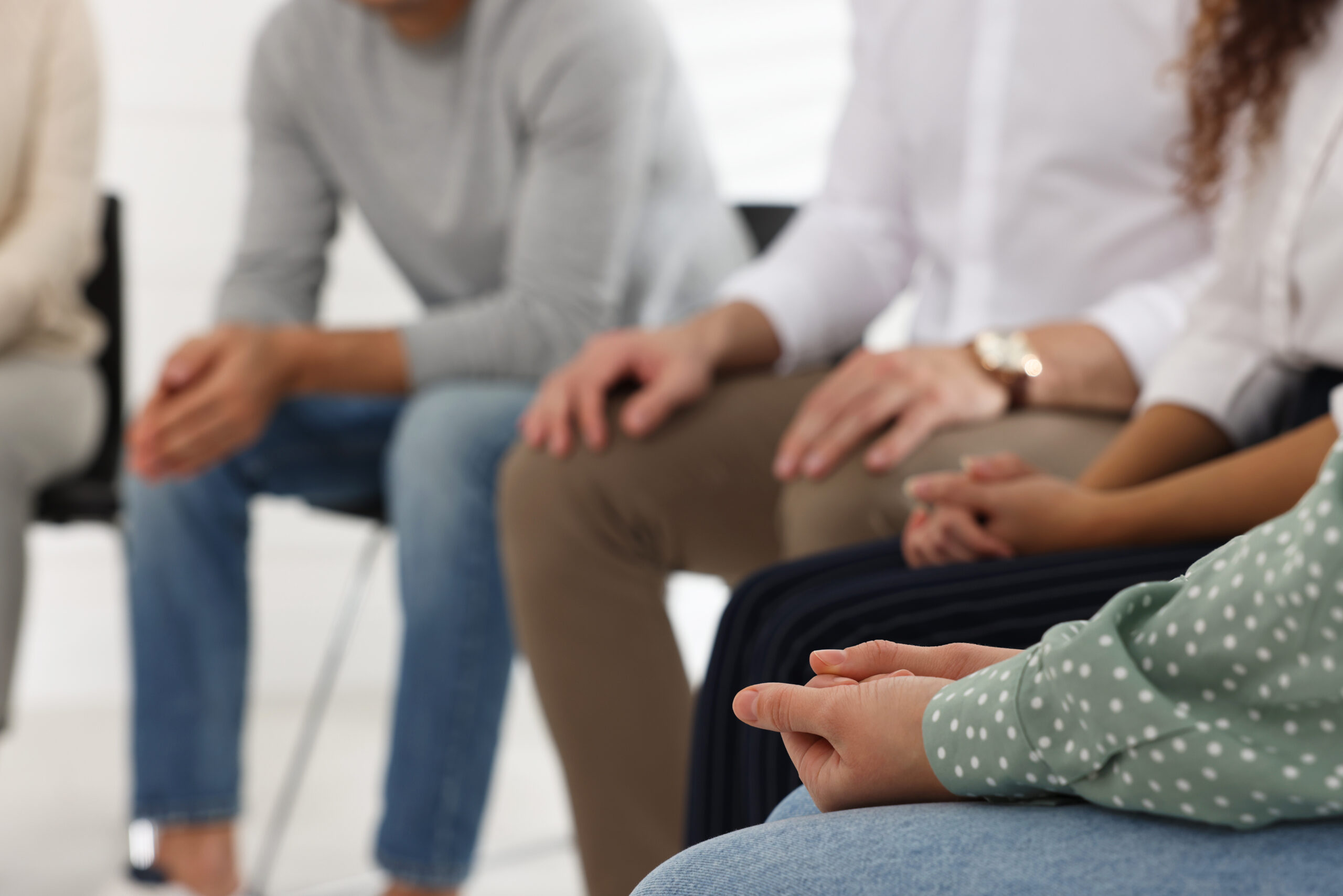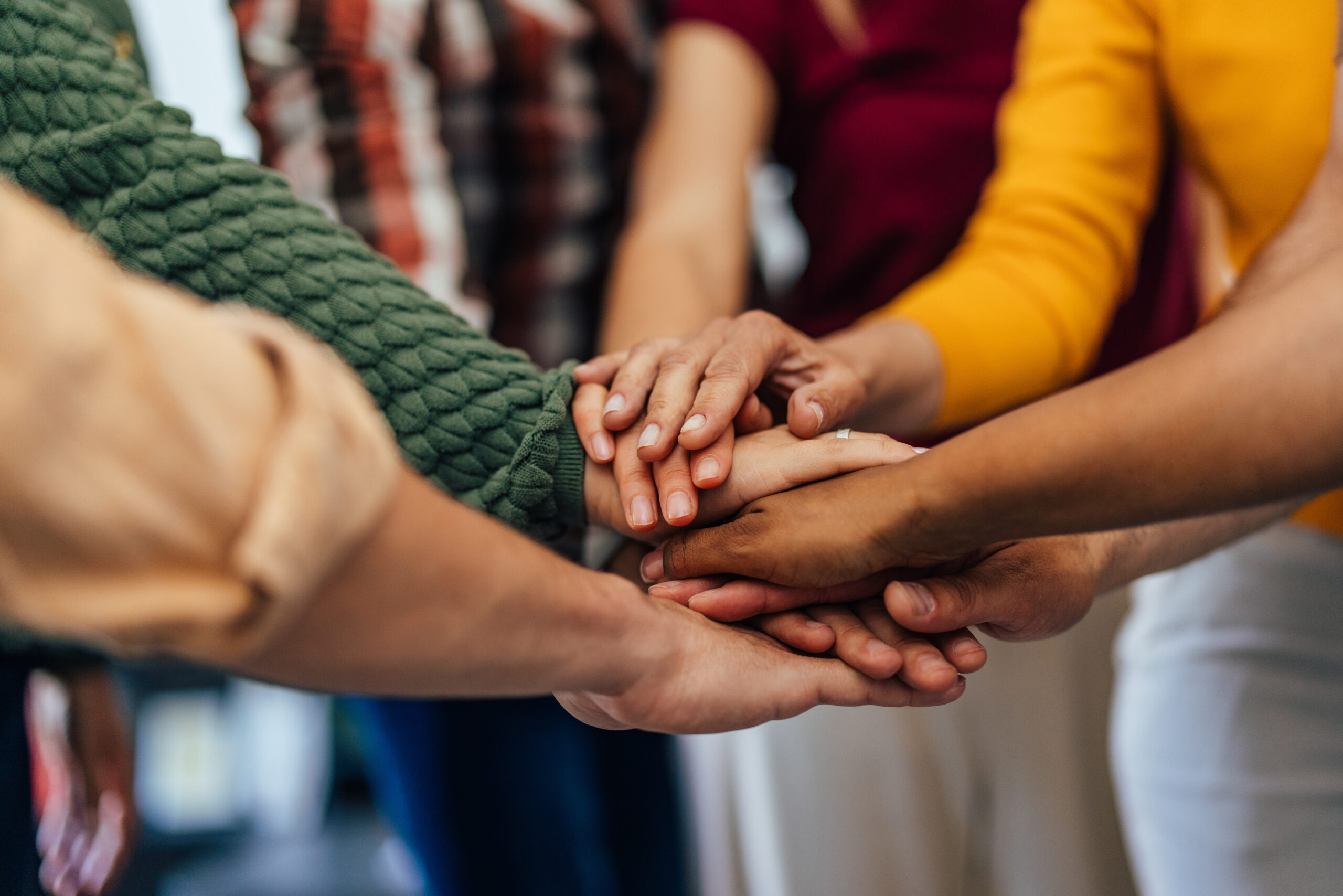Helpful Resources
Empowerment and Recovery
Tri-County S.P.E.A.K.S. provides a range of resources for sexual assault survivors, including counseling, support groups, legal advocacy, and medical assistance. We also offer a 24-hour hotline for crisis intervention and information. Additionally, we have community education programs and outreach services to promote awareness and prevent sexual violence.
Coping After An Assault
Check out this online free, brief, confidential tool to learn about coping skills and substance use after sexual assault.

The Statistics
Sexual violence affects millions of people each year in the United States. Researchers know that the numbers underestimate this problem because many cases are unreported. Victims may be ashamed, embarrassed, or afraid to tell the police, friends, or family about the violence. Victims may also keep quiet because they have been threatened with further harm if they tell anyone or do not think that anyone will help them.
More than 1 in 3 women and 1 in 4 men have experienced sexual violence involving physical contact during their lifetimes. Nearly 1 in 5 women and 1 in 38 men have experienced completed or attempted rape during their lifetime.
One in 3 female rape victims experienced it for the first time between 11-17 years old and 1 in 8 reported that it occurred before age 10. Nearly 1 in 4 male rape victims experienced it for the first time between 11-17 years old and about 1 in 4 reported that it occurred before age 10.
Recent estimates put the cost of rape at $122,461 per victim, including medical costs, lost productivity, criminal justice activities, and other costs.
Source: CDC, 2021

Mental Health Resources

A therapy research study for distress after sexual assault is available at MUSC. As part of the study, eligible participants receive 5 therapy sessions. All study visits can be done online.
Payment of up to $472 is available for those who qualify. You may be eligible if you are a woman, 18 years or older, experienced a recent sexual assault, and drink alcohol.
Call or text our research coordinator to learn more at: 843-806-7724

Tri-County SPEAKS has a partnership with mental health providers at the National Crime Victims.
Research and Treatment Center to offer the following services:
- Free phone calls to check-in on well-being and help getting connected with resources during the 3 months following sexual assault.
- Up to 5 free sessions with a mental health provider focused on managing stress after sexual assault for people who have experienced sexually assault in the past 3 months.
- Therapy for trauma is also offered. Therapy for trauma can be offered any time, even if the sexual assault happened years ago. There are options for people who lack payment.
Call or text our care coordinator, Katie Mai, to learn more at: 843-860-5544.
How to Help a Friend
It takes a lot of courage for someone to share their experience and this person likely sees you as a safe person. Try to provide a safe, non-judgemental space, emotional comfort, and support as they share. Try to refrain from asking questions about what happened and instead let them lead the conversation. Validate their feelings.
A common reason people choose not to get help or reach out for support is because they may fear that the listener may not believe them. In this moment, it is your role as a support person to believe them. It is also important to know that every person responds to trauma differently.
Many survivors blame themselves for what happened, will try to rationalize the assault, and may try to minimize what happened. Let them know it was not their fault and no matter what, they need to know that you believe them and the blame is not on them.
Ultimately, it is up to your friend if they want to seek help but the more informed you are on resources, the more helpful you can be when they are ready to start their healing journey. Our Hotline is available 24/7 to discuss options, resources, and to provide advocacy for the survivor.
All of our services are free, you are welcome to call our 24/7 hotline at 843-745-0144 to speak with an advocate about talking to a friend. We also offer a support group specifically for loved ones of survivors of sexual assault. This free group is held on the fourth Monday of every month from 6:30pm-7:30pm.



















